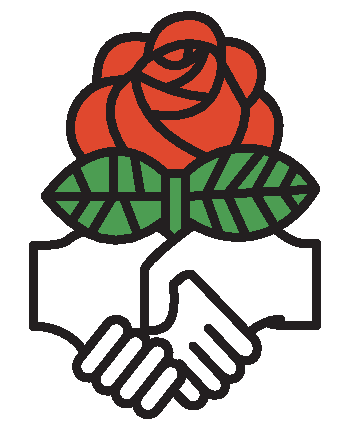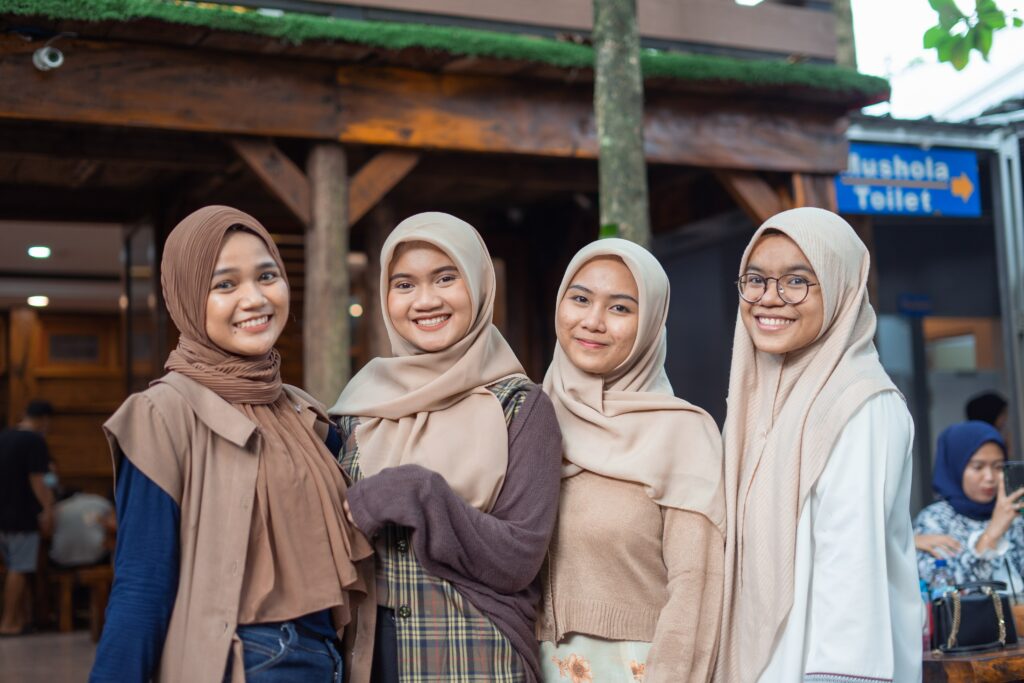Gender-Balanced Democracy – Working together for a Culture of Peace
Brussels, Belgium, 7-8 April 2000
Resolution
Socialist International Women (SIW) acknowledges that the new millennium which is beginning in a context of economic globalisation and deepening inequalities is characterised by the persistence of all sorts of violence and by the lack of women in positions of political decision-making that affects all citizens. SIW expresses profound concern at both these facts, which are closely linked, and expresses its will to play an active part in constructing a Culture of Peace, as envisaged in the United Nations resolution and in the Beijing Platform for Action.
SIW says no to violence in all its forms. There must be an end to the political and economic dynamic which increases inequality through increasingly more efficient and powerful means of exploitation. We must put an end to the violent practices which go on in all areas of personal and collective life, from domestic violence against women and systematic rape in times of war to the application of the death penalty in many countries. We have to fight against the patriarchal culture of violence which penetrates into the market and education, which pervades businesses and personal relations and which often erupts, militarising the lives of peoples.
At present 70% of the victims of wars are among civilian populations and the immediate consequences of these wars – famine, disease, mass migration, etc. – affect the majority of citizens of any country in conflict but in particular women, and the children and the elderly who are in their care. Wars not only cause loss of human life and economic losses, but destroy the future of whole generations, and this has turned it into an issue that concerns all citizens. Wars are a civil issue which affects all citizens, especially women, and yet they do not have the power to take decisions about such collective matters. It is for this reason that we must build an authentic Culture of Peace to replace this patriarchal culture of violence.
We women, who do not have decision-making capacity in collective matters, who do not govern, who do not share the benefits of development, who are barely to be found in the public arena at all, and who have the added duty of looking after our families and the elderly, must have a say in decisions which are taken today by the few yet which affect millions, though our presence in all spheres of collective life and above all in those places where decisions, that have a negative effect on the life of everybody, are taken.
Women must have an equal share in power, so that new values are incorporated into political life, new ways of solving problems; so that we contribute with our strength and our expertise to eradicating all forms of violence and discrimination against women and thus create a world of peace.
Women understand the value of life and understand the care necessary for life to develop adequately, the difficulty and the effort required to educate human beings so that they develop their full potential. As such we must speak out collectively against a culture based on competition, that has the accumulation of wealth as its aim, and which sees the embodiment of masculinity as bullying the weak. This culture which treats people, women, men and children as objects or as merchandise and which foments a spiralling hatred that seems to lead to collective madness- wears away the foundations of any society by destroying the environment in which the individual can develop as a free and competent adult.
SIW therefore:
- Demands that Socialist International member parties, in accordance with the SI’s own resolutions adopt in their statutes and constitutions measures which commit them to strengthening power-sharing at all levels within their parties and within SI representative bodies by the use of quotas and alternating gender electoral lists, as adopted by in the French electoral parity law;
- Urges governments to promote equality in their representative institutions and in their decision-making and procedural bodies, in order to ensure the political resolution of conflicts and to guarantee an end to violence as the only way of tackling conflict resolution;
- Presses governments to encourage in the collective lives of their citizens the kind of values whose central importance is human beings and their inalienable human rights, as a means of dealing with conflicts; and also, that they speak out again and again in favour of the values of diversity as something that enriches society, and in favour of dialogue and agreements as norms of conduct;
- Pledges to set up protected meeting areas for women from countries or groups in conflict to be able to work together both for the prevention of conflicts and for their resolution through dialogue;
- Reaffirmsits readiness to act as a mediator among our member organisations according to the principles of preventive diplomacy;
- Pledgesto add our efforts to those of all organisations and movements which work to spread and strengthen the Culture of Peace.

